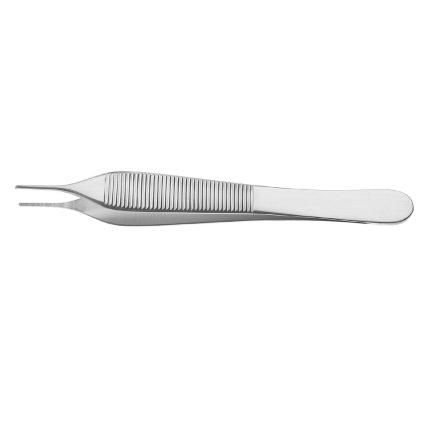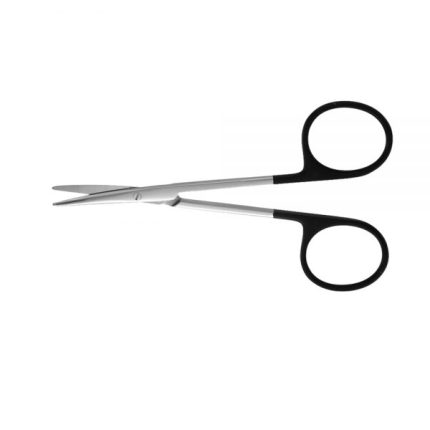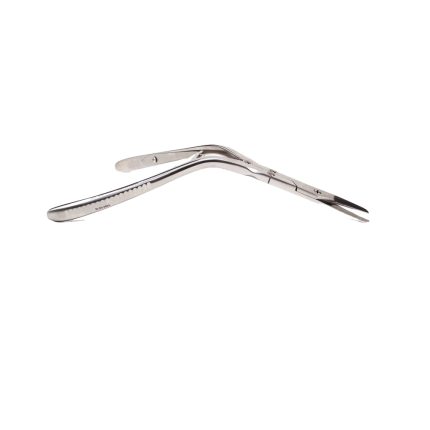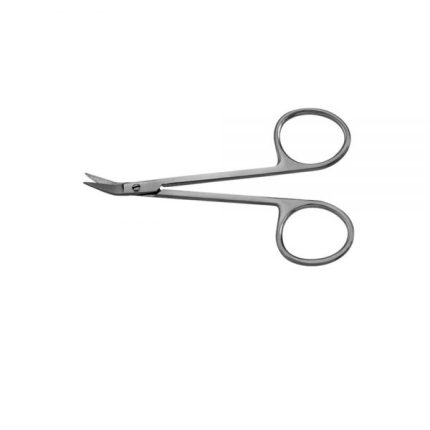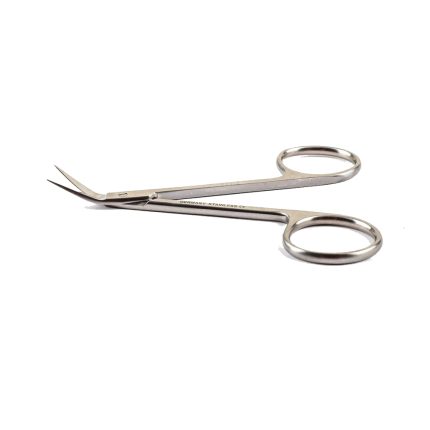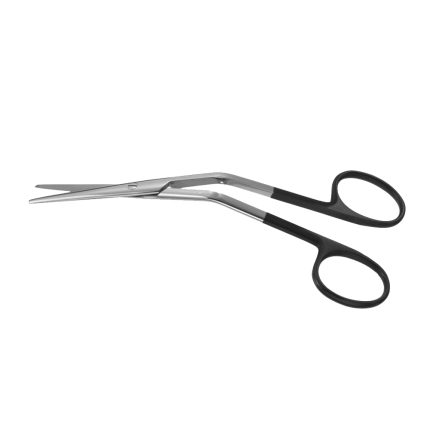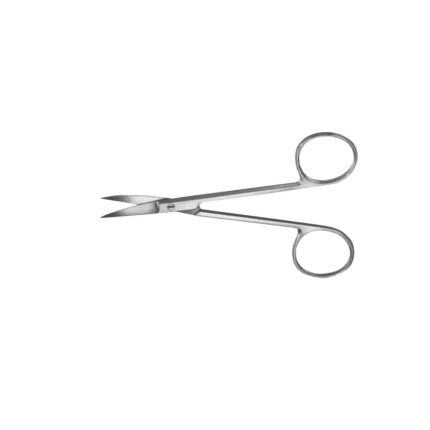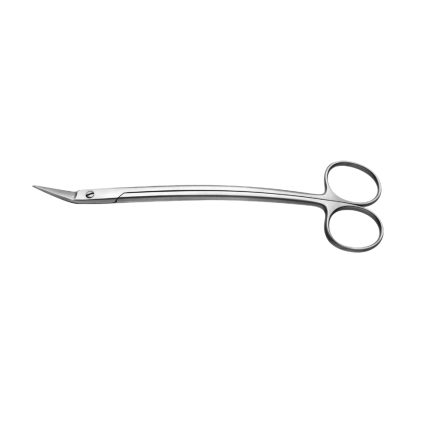ADMIRE SURGICAL ’s Surgical Scissors in Plastic Surgery: Precision Instruments for Aesthetic Excellence
In the realm of plastic surgery, achieving perfection in form and function is paramount. Every incision, every cut, and every suture must be executed with utmost precision to achieve the desired aesthetic outcomes. Among the array of specialized tools employed by plastic surgeons, surgical scissors play a pivotal role in sculpting and refining the human canvas.
Design and Types:
Surgical scissors used in plastic surgery are meticulously designed instruments, crafted with precision and care. They are engineered to offer the surgeon the highest level of control and accuracy during procedures. These scissors come in various shapes and sizes, each designed for specific tasks:
- Metzenbaum Scissors: These delicate, slender scissors feature long, curved blades that are ideal for dissecting and maneuvering tissues with finesse. They are often used for trimming delicate tissues during procedures like facelifts and breast augmentations.
- Iris Scissors: Iris scissors are small, fine-tipped instruments that excel at making precise incisions. Their small size makes them ideal for working in tight spaces, such as around the eyes and nose during procedures like rhinoplasty and eyelid surgery.
- Mayo Scissors: Mayo scissors have heavy, blunt-ended blades and are often used for cutting sutures and heavier tissues. They provide durability and control and are indispensable for closing incisions during various plastic surgery procedures.
- Tenotomy Scissors: These scissors have sharp, fine tips and are designed for cutting delicate structures like tendons and ligaments. They are commonly used in procedures involving facial rejuvenation.
Adson Micro Forceps
- Delicate Tips for Holding Small Swabs.
- Fine Serrations for Extremely Firm Grasps.
- Spring Style Handle Ensuring Maximum Control.
Adventitia Micro Scissor
- Beveled Blades To Enhance Cutting Performance
- Sharp/Blunt Tips For Appropriate Dissection
- Streamlined Design For Better Control
Aston Face Lift Scissor
- Long Blades For Dissection Of Thick Tissues
- Flattened Blades To Facilitate Spread Dissection Of Tissues
- Ergonomically Designed Finger Handles To Minimize User Fatigue
Aufricht Nasal Scissor
- Strong Jaws To Dissect Tough Tissue
- Balanced Triangular Blades To Increase Precision
- Ergonomic Ring Handles To Reduce User Fatigue
Baby Metzenbaum Scissor
- Long Shank To Blade Ratio For Better Control
- Narrow Profile To Increase 360 Degree Access To Surrounding Tissue
- Tungsten Carbide Variant for Durability
Caplan Nasal Septum Scissor
- Double Joint To Increase Power Of Dissection
- One-Toothed Blades To Ensure Fine Cuts
- Curved Profile To Improve Visibility
- Serrated Handle To Improve Grip
Converse Scissor Angled Right
- Angled Jaws For Improved Access To Tissues
- Dual Blunt/Sharp Tips For Appropriate Dissection
- Large Finger Ring Handles For Better Control
Converse Scissor Angled Up
- Angled Jaws For Improved Access To Tissues
- Dual Blunt/Sharp Tips For Appropriate Dissection
- Large Finger Ring Handles For Better Control
Cottle Bulldog Scissor
- Strong Jaws To Dissect Tough Tissue
- Short Blades To Increase Precision
- Ergonomic Ring Handles To Reduce User Fatigue
Cottle Dorsal Scissor
- Serrated Blade For Secure Grip On Tissue
- Razor Sharp Blade For Atraumatic Dissection
- Angled Shanks For Better Surgical View
Cottle-Masing Plastic Surgery Scissor
- Auto Sharpen Technology Sharpens Blades Every Time They Close
- Streamlined Design To Ease Access Into Narrow Cavities
- Smooth Outer Edges To Minimize Trauma To Surrounding Tissue
Dean Tonsil Scissor
- Serrated Blades for Better Grip on Tissues
- One Toothed Blade for Enhanced Cutting Performance
- Curved Profile for Improved Access to Tissues

